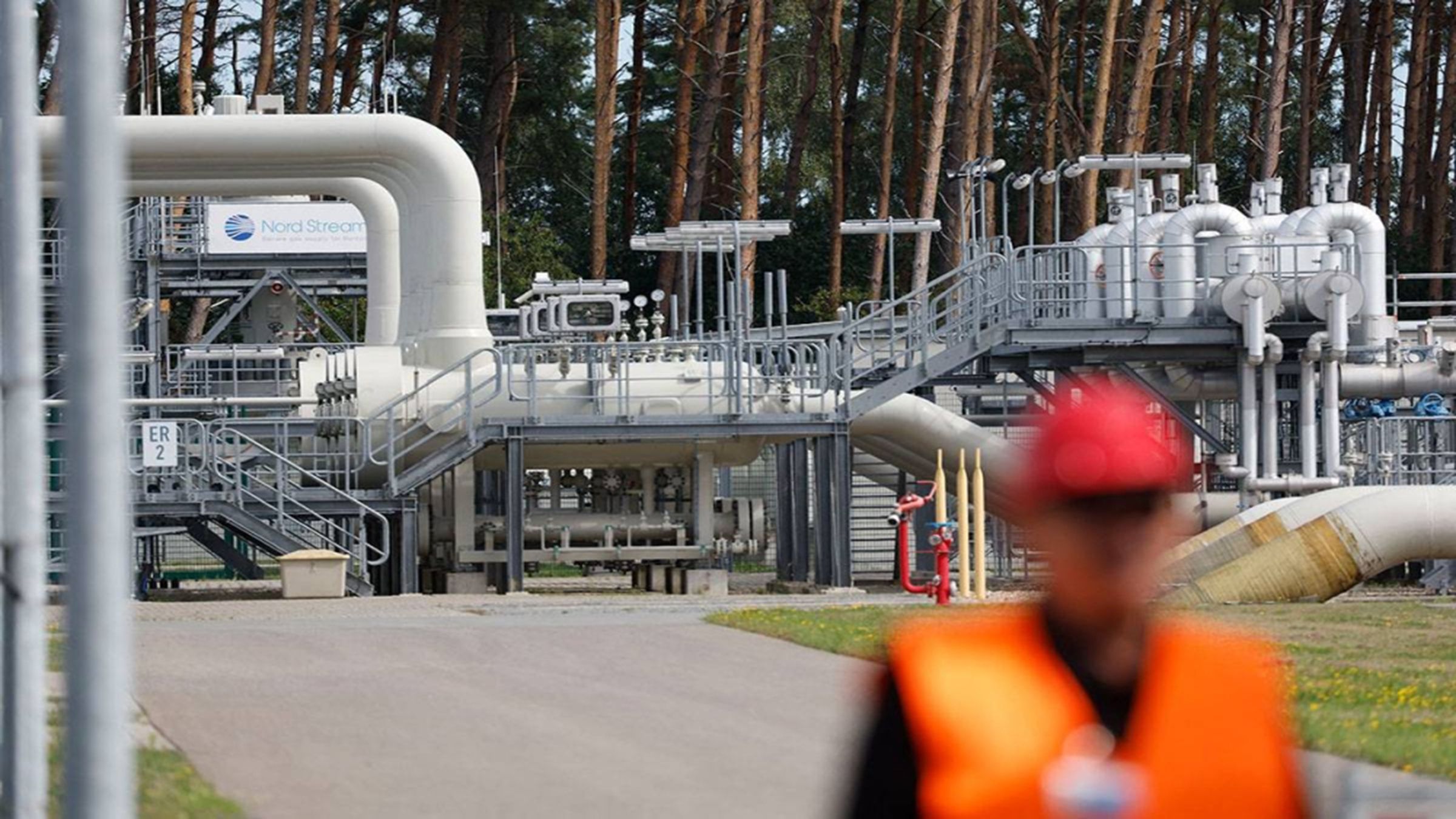NEDA said the Philippines would be affected by the European recession but things would soon improve.
The National Economic and Development Authority (NEDA) and local economists said that the Philippines will weather global headwinds such as the threat of a European recession by relying on its own people and businesses.
Oxford Economics said that the rising energy prices across the Eurozone and the United Kingdom (UK) can lead to business closures and the slowing down of economic growth of Europe.
In a data from the Philippine Statistics Authority (PSA), there are 7.7 percent Overseas Filipino Workers (OFWs) who are based in Europe. Data from the Bangko Sentral ng Pilipinas (BSP) also showed that remittances from Europe have reached $1.79 billion in the first semester of 2022.
“As in the past decade and last year, the performance of the Philippine economy is unlikely to depend much on the growth performance of Europe, the United Kingdom, or even North America or headwinds in the global economy in general. I made this point at the recent ECCP (European Chamber of Commerce of the Philippines), MAP (Management Association of the Philippines), and FEF (Foundation for Economic Freedom) forums,” Socioeconomic Planning Secretary Arsenio M. Balisacan said.
Balisacan said that the economic team is optimistic about the Gross Domestic Product (GDP) as the main goal from 2023 to 2028 would be to enhance job creation and reduce poverty by returning the economy to its high-growth course, Business Mirror reported.
This will be a great vision especially for those living in poverty. Creating more and resilient jobs will help reduce the poverty incidence from 18.1 percent in 2021, to 9 percent in 2028.
“This will be done with the help of private sector investments that will lead to high-quality job creating and increase the share of wage and salaried workers to a range of 53 percent to 55 percent by 2028, from 48 percent in 2021” Balisacan added.
““We intend to achieve these targets while adhering to prudent macroeconomic management to ensure that we do not compromise our economy’s fiscal health in the medium and long term. We seek to maintain infrastructure spending at a relatively high level of about 5 percent to 6 percent of our national output until 2028,”
OFWs to be affected
The University of the Philippines School of Economics (UPSE) Director for Research Renato E. Reside Jr. also said that the impact on OFWs living in Europe will vary depending on whether they work in sectors affected by the recession.
He also took note that the remittances have shown robust in the face of recessions, including the Global Financial Crisis of 2009. This means that, if Europe experiences a recession, remittances will be able to weather the storm.
“The remittance risks are also tempered by favorable developments for Middle Eastern economies and the appreciation in the US Dollar, the denomination of much of remittances to the Philippines,” Reside said adding that the risks to Philippine consumption moving forward will come from the extent of inflation as well as the strength of the general economy.”
Putin's impeachment
Former UPSE Dean Ramon L. Clarete said that the Oxford Economics' analysis of the Eurozone and UK economies may have overlooked recent developments such as the Kremlin's support for impeachment. This division in the Russian leadership could help lead to Ukraine’s victory in the war and the political demise of Russian President Vladimir Putin.
“Ukraine victory is now happening. There’s an impeachment call in the Kremlin. Division in leadership and lack of resources because of sanctions prevent Russia from recovering lost territory.” Clarete said.
The end of this months-long war would mean that the economic recovery will be fast approaching as well. Energy prices will decline and greater mobility of trade will happen. There will also be investments needed to reconstruct Ukraine and help them in its recovery efforts because of the damages it sustained in the war. Military goods can also fuel an economic boom in Europe and North America.
“(This will) please Western Countries (and enable Russia) to recover immediately from its recession due to sanctions and defeat. EU (European Union may also) expand with Ukraine as the latest member,” Clarete said, should Putin be impeached.
This will be a relief globally, especially to the Philippines as inflation in the country will decline and help the economy recover, should the war end.
Oxford Economics said that global GDP is now expected to slow down to a 1.7 percent in 2023 from the 2.8 percent in 2022.
Energy
Oxford Economics raised its Eurozone inflation projection for next year by 2.2 percentage points to 4.3 percent because of the rising energy prices.
“Higher costs could trigger a wave of business closures, exacerbating the hit to the economy. In addition, more aggressive rate hikes by both the ECB and Bank of England now seem likely, as concerns about sustained high inflation are mounting,” Oxford Economics said.
“A deeper downturn is possible if gas prices continue to rise or energy rationing is required. But more substantial government support to limit the near-term pain and reduce uncertainty about prices and supply in the long term could trigger upside surprises,” it added.
Last month, BSP reported that personal remittances from Overseas Filipinos (OFs) rose by 4.4 percent year-on-year to $3.1 billion in June 2022, up from $2.9 billion in the same month the previous year.
As a result, total personal remittances increased by 2.8 percent to $17.1 billion in the first half of 2022, from the $16.6 billion in the same period in 2021.
Tags: #Economy, #Recession, #GDP, #Energy, #War
